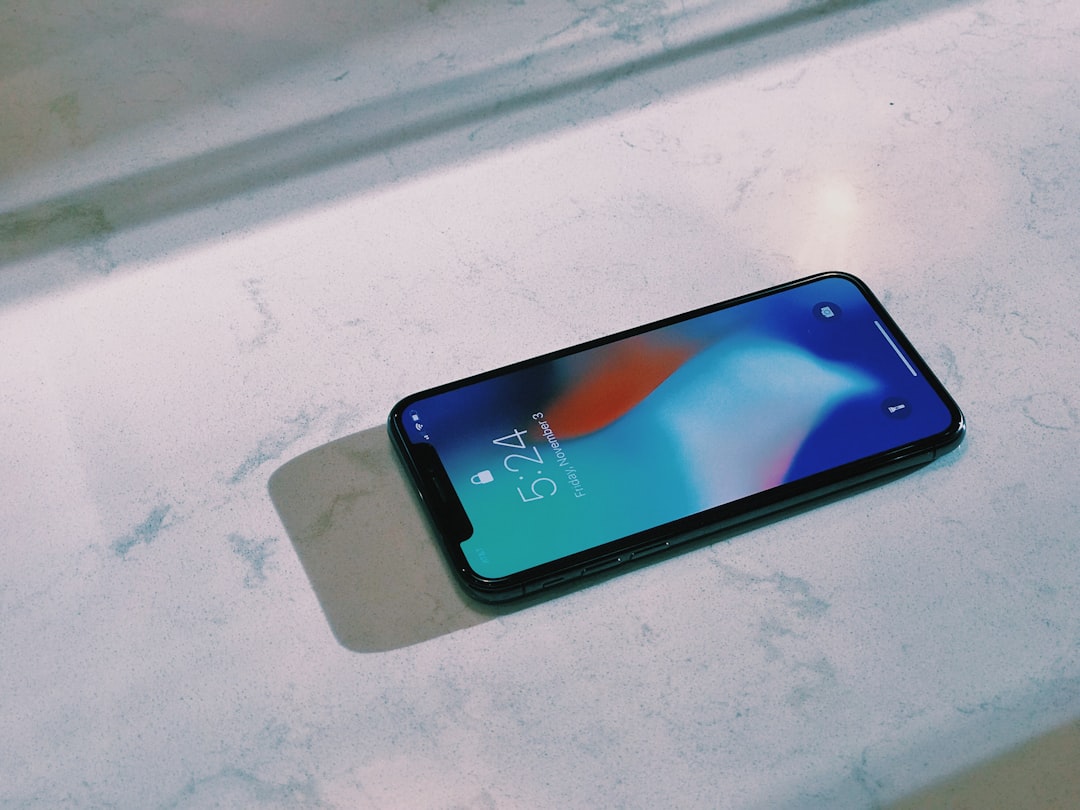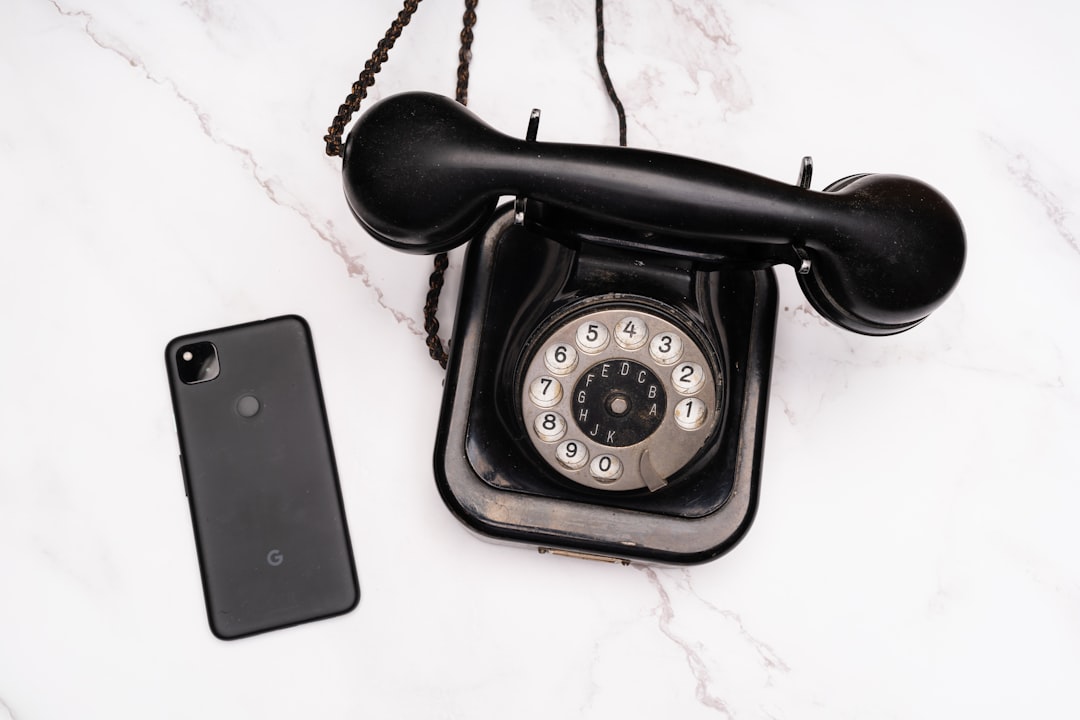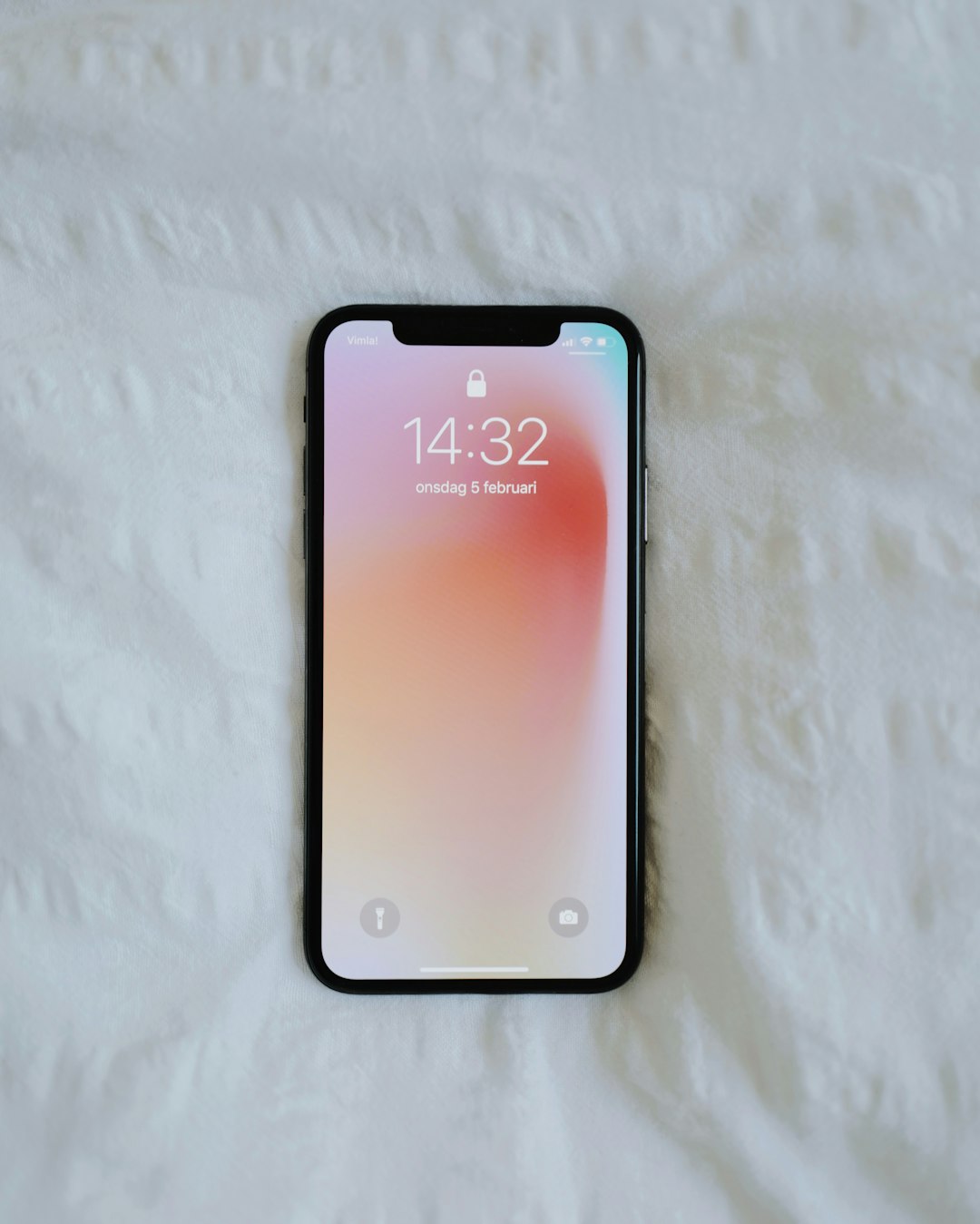In Washington D.C., robocalls are regulated by state laws designed to protect consumers. If you receive a spam call, contacting a Spam call lawyer in DC is crucial for understanding legal options and holding scammers accountable. Document details, hang up immediately, and report it to authorities or reputable lawyers who can guide reporting, explain rights, seek compensation, and block future scams. Washington's robust consumer protection laws empower victims of telemarketing fraud with legal recourse against such scams through Spam call lawyers DC.
“Tired of unsolicited calls from unknown numbers? You’re not alone. Robocalls are a prevalent issue, especially in the bustling metropolis of Washington D.C. This guide navigates the world of spam calls, focusing on legal ramifications in DC and how to identify common scams targeting residents. Learn immediate steps to take after receiving a suspicious call, understand your consumer protection rights, and discover when a spam call lawyer in DC is essential for recovering from financial losses.”
Understanding Robocalls and Their Legal Ramifications in DC
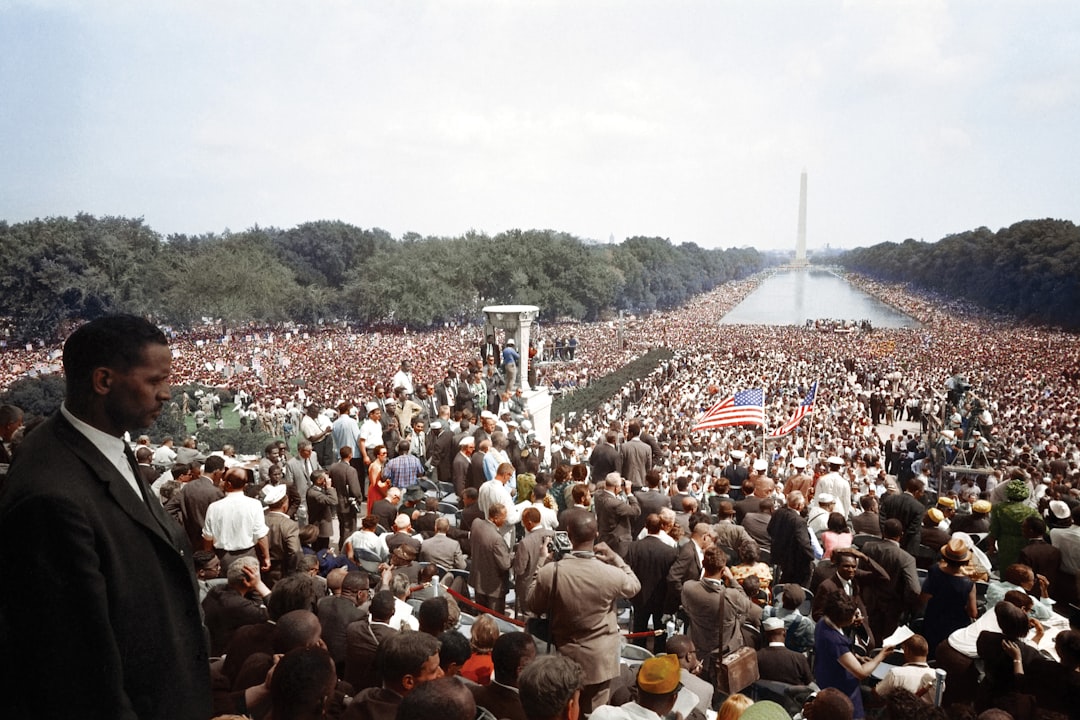
Robocalls, or automated telephone calls, have become a common tactic for scammers to target individuals across the country, including in Washington D.C. These automated messages often promote false products, services, or investment opportunities, and are designed to reach a large number of people quickly. In DC, as in many places, robocalls are regulated by state laws aimed at protecting consumers from deceptive practices. If you’ve received a spam call, understanding your rights is the first step.
In DC, the Attorney General’s Office oversees consumer protection regulations, including those against unwanted robocalls. There are strict rules regarding the use of automated dialing systems and prerecorded messages for marketing purposes. If you suspect you’ve been scammed by a robocall, contacting a reputable spam call lawyer in DC can help you understand your legal options. They can assist with filing complaints, pursuing financial restitution, or taking other appropriate action to hold scammers accountable.
Steps to Take Immediately After Receiving a Suspicious Spam Call

If you’ve been targeted by a spam call in Washington D.C., it’s crucial to take immediate action to protect yourself and your financial information. First, hang up the phone right away—don’t press any buttons or provide any details to the caller. Then, document every detail about the call, including the number, date, time, and any threatening or suspicious messages exchanged. Save any text messages or voicemails as evidence.
Next, contact a reputable spam call lawyer in DC who specializes in consumer protection law. They can guide you through the process of reporting the incident to relevant authorities, such as the Federal Trade Commission (FTC) or your state’s attorney general’s office. Additionally, they can help you understand your legal rights and options for seeking justice, compensation, or blocking future attempts from these scammers.
Identifying Common Scams Targeting Residents of DC
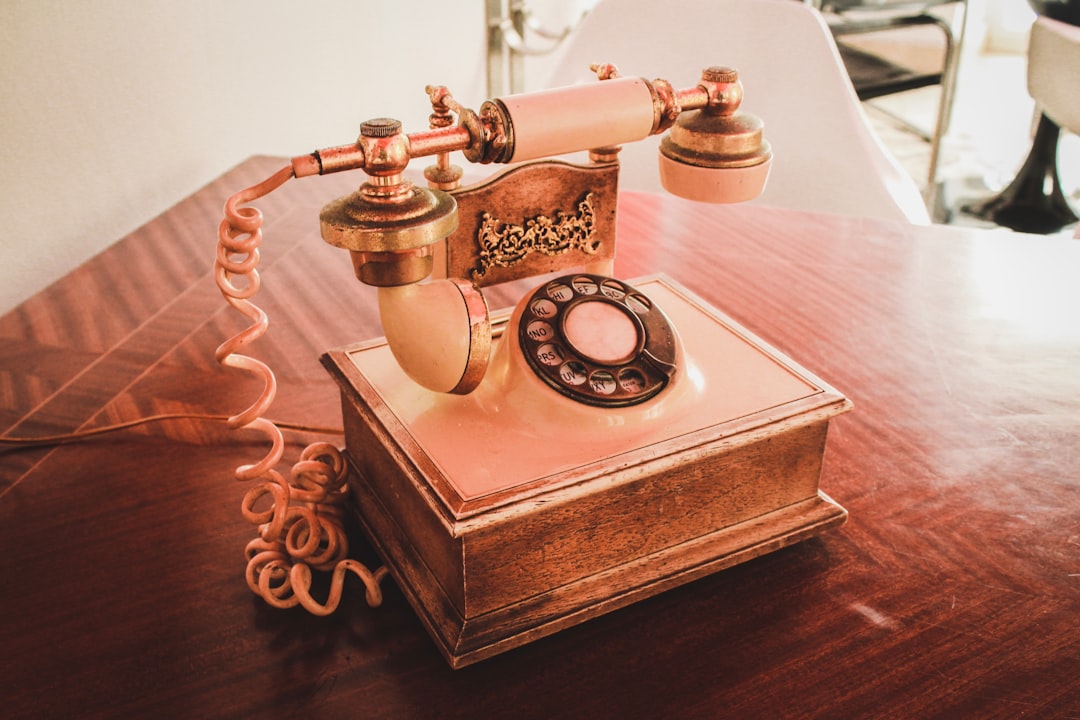
Residents of Washington, D.C., like anyone else, are targets for various scam artists, and robocalls are a common tactic used to defraud folks. Recognizing these scams is the first step in protecting yourself. One prevalent scheme involves imposter organizations or individuals posing as government agencies, banks, or reputable companies. They may claim there’s an issue with your account and demand immediate action, often threatening consequences if you don’t respond quickly. For instance, a spam call might inform you of a fraudulent charge on your credit card, offering to help resolve the issue but requiring personal information in return.
Another common tactic is the use of fake prizes or scholarships. Scammers call, informing recipients they’ve won a significant prize or scholarship and need to pay certain fees before claiming their reward. These calls often target students or individuals who recently applied for financial aid. The urgency created by these scams encourages people to act impulsively, potentially leading them to share sensitive information with the caller, which can be exploited by spam call lawyers or other fraudulent entities.
The Role of Consumer Protection Laws in DC for Spam Calls
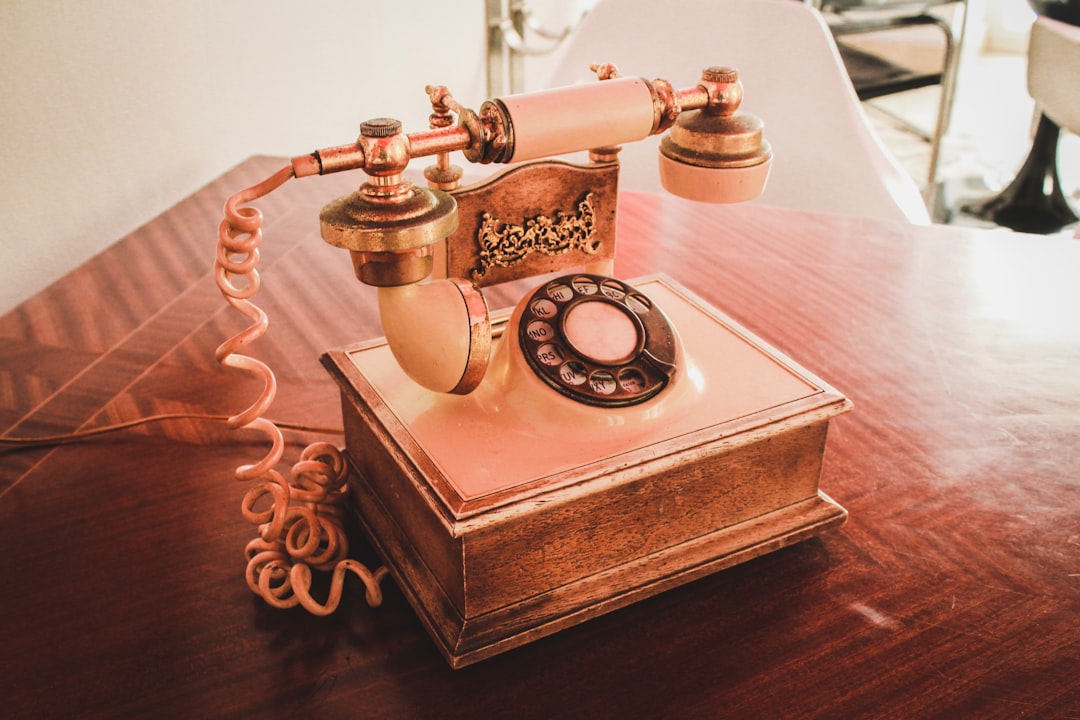
In Washington, D.C., consumer protection laws play a pivotal role in combating spam calls and safeguarding residents from fraudulent activities. The District has implemented strict regulations to restrict unsolicited phone marketing, including robocalls. These laws empower consumers with rights and provide avenues for legal recourse when dealing with spam call lawyers DC.
If you’ve been a victim of such scams, understanding your rights is essential. D.C.’s Consumer Protection Act offers protection against deceptive practices, and there are specific provisions targeting telemarketing fraud. Seeking legal counsel from experienced spam call lawyers DC can help you navigate the process of filing complaints, seeking damages, or even putting an end to these nuisance calls through injunctive relief.
How a Lawyer Can Help You Recover from a Robocall Scam
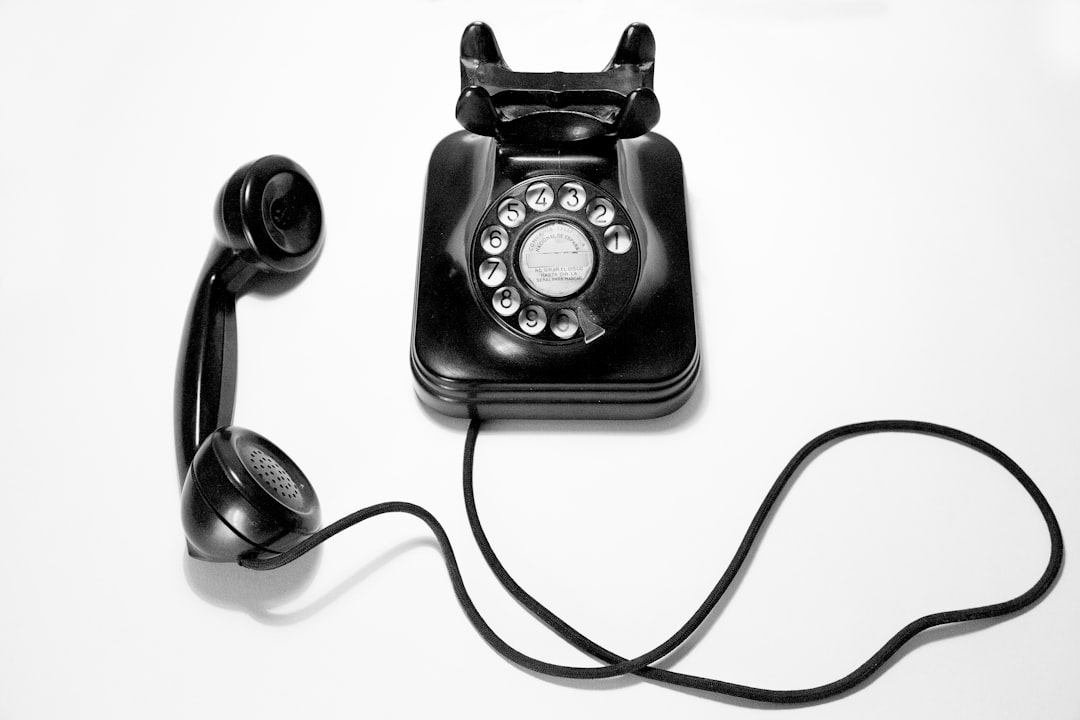
If you’ve fallen victim to a robocall scam in Washington D.C., it’s crucial to know that seeking legal assistance can be a game-changer. Spam call lawyers DC are experts in navigating the complexities of telco regulations and consumer protection laws, designed precisely to help victims like you recover from these deceptive practices.
These attorneys can provide invaluable support by guiding you through the process of filing complaints with relevant authorities, negotiating with scammers or telecom companies, and even representing you in legal actions if necessary. Their deep understanding of the law empowers them to secure justice, compensate for financial losses, and help prevent similar incidents from occurring in the future.



